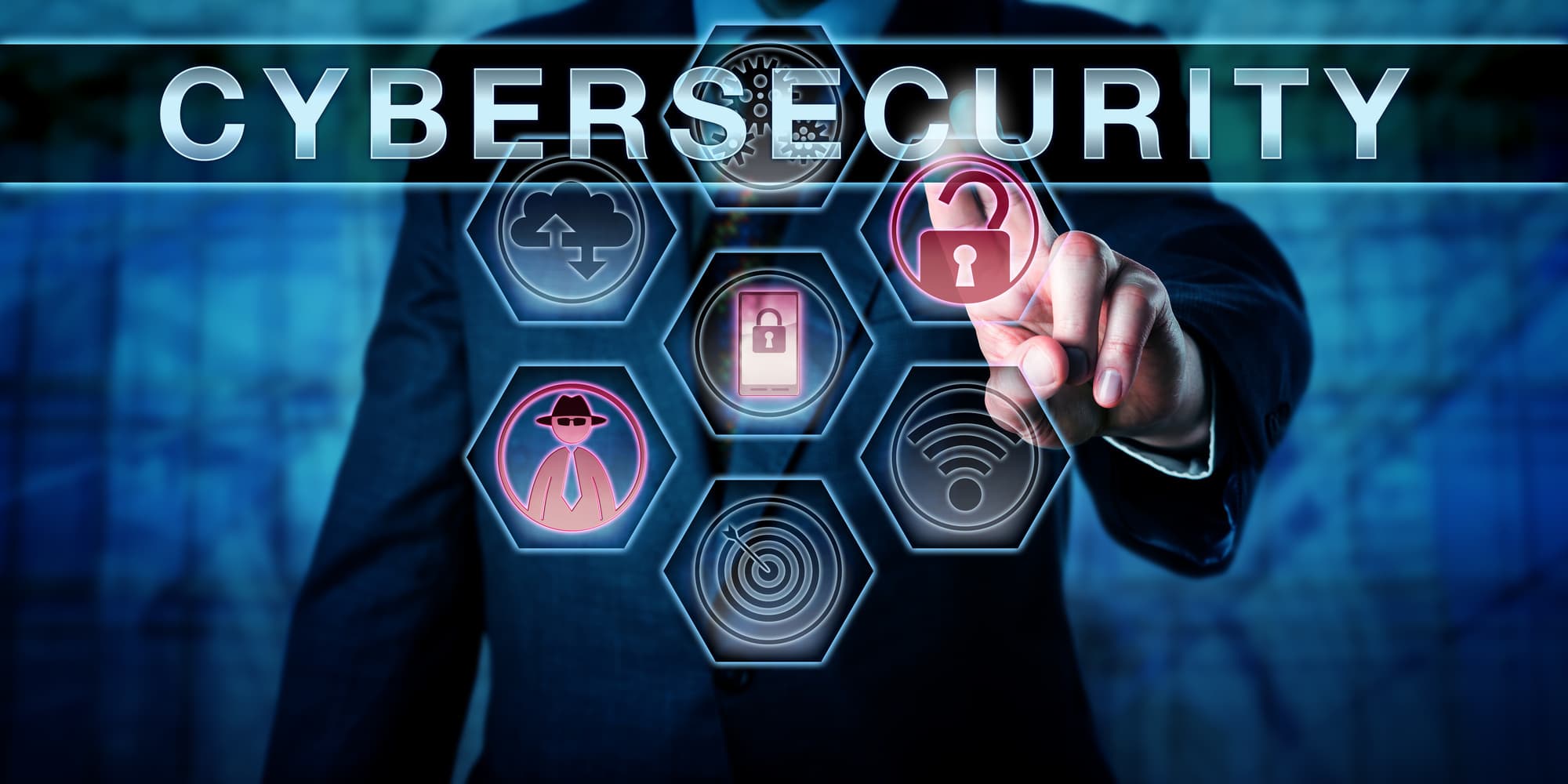The coronavirus pandemic has left everyone locked indoors for months. Expectedly, internet use has shot up in that time.
People are spending more time streaming, using social media, and online gaming than ever before.
Unfortunately, coronavirus has also brought more cybercriminals out of the woodwork. Cybersecurity threats are on the rise and it’s more important now than ever to be careful on the web.
Keep reading to learn the reasons why you should be aware of these threats.
Cybersecurity Threats in the Time of Coronavirus
With the rise of internet use, cyber threats have also risen. In fact, researchers at Barracuda Networks have noticed as high as a 667% rise in cybersecurity threats!
It’s nice that even criminals are adhering to social distancing, but taking their crime to the internet isn’t a great compromise.
Phishing Scams
A lot of cybercriminals are using email phishing scams to prey on internet users. These are some of the most common scams used on businesses.
A phishing scam is when a criminal emails random people pretending to be someone else. They may disguise themselves as a social media company, Netflix, or even the WHO in this case. Their emails are made to trick people into giving away sensitive information, like passwords.
WHO put out an official statement warning internet users of cybercriminals masquerading as them. One common tactic is to send an email asking for money for coronavirus donations. In reality, that money would go to the criminal, along with any information you give away.
If you get an email from WHO asking for any sensitive information, the best course of action is to ignore it.
Live Update Scams
Other cybercriminals have created fake “coronavirus update” apps that install malware onto a user’s device once launched.
These apps appear to be developed by established companies and government organizations but aren’t. When launched, the apps are usually non-functional and install viruses on your device. These viruses could do any number of things, from logging your keystrokes to spamming your email.
According to Bitdefender, over 2,100 apps on the Android store were tagged with the words “COVID” and “corona” at the time of searching. These people are using the pandemic to scam people and get downloads.
Avoid downloading any apps that claim to update you on coronavirus news. Stick to traditional sources like Google News.
Cyber-Attacks on Health Agencies
One of the most notorious cyber-attacks happened in mid-March.
It saw cybercriminals target the U.S. Health and Human Services department. They overloaded the department’s servers in an attempt to slow their services to a halt. The attack was thankfully unsuccessful, as the department was prepared for something like this to happen.
This hammers home the importance of being careful when working from your computer.
This is especially true if you work for the government. Small businesses aren’t the only ones targeted by ransom attacks these days. Keep your anti-malware software up-to-date, do regular scans, and stay on your toes.
We’re living in strange times here, folks.
Stay Safe Online and Offline
The coronavirus pandemic is unlike anything we’ve seen before. We like to think we’re safe from it as long as we stay indoors, but that might not be true.
No matter what you’re doing right now, stay safe, and keep your wits about you. Cybersecurity threats are no joke, and until this pandemic ends, they’re only going to get worse.
Contact Inception Network Strategies if you’re looking for a reliable IT solutions provider in Tennessee, Kentucky, or Alabama.

